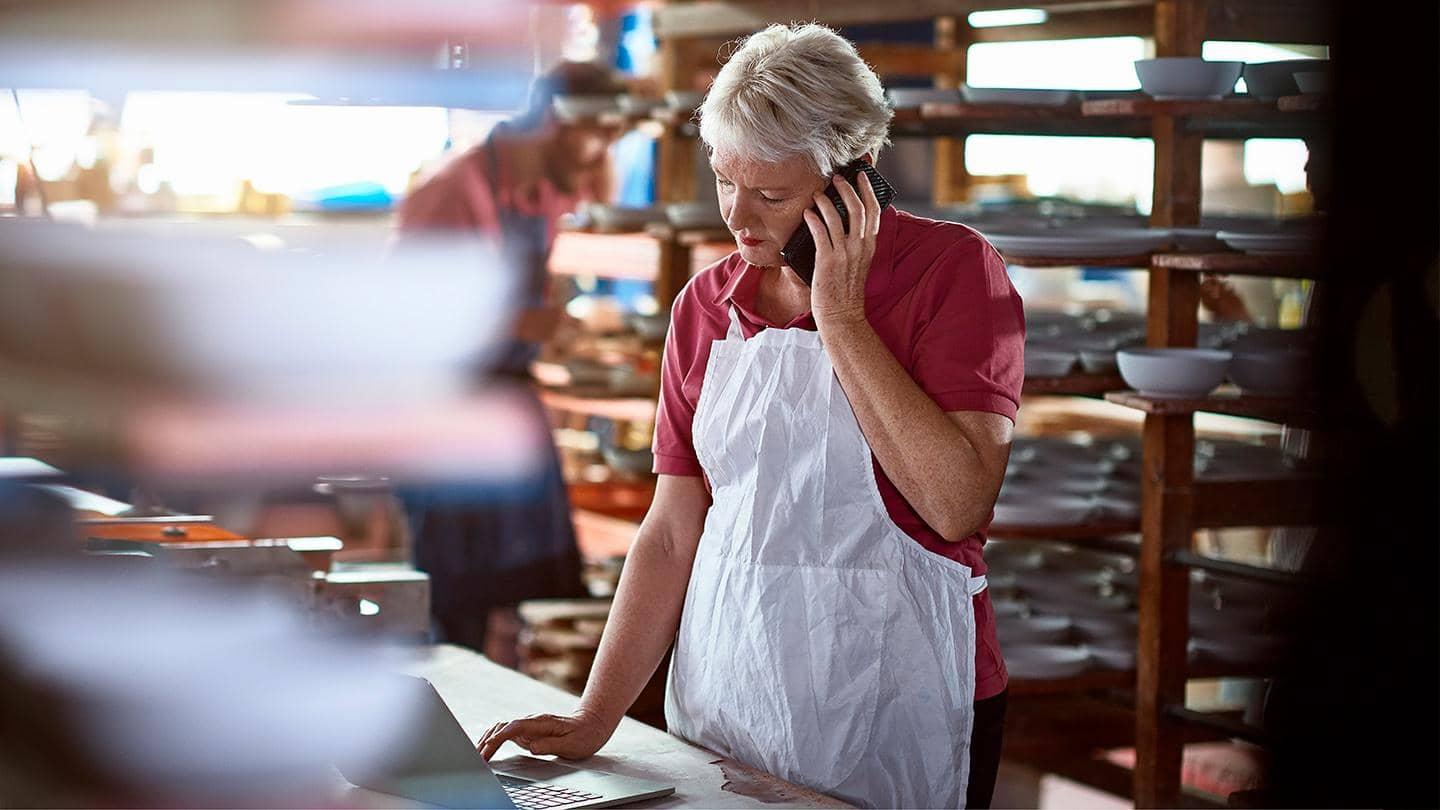
Impact
Coronavirus fraud and scams: “all of us could be vulnerable”
Coronavirus fraud and scams are on the rise and all of us are potential targets. Barclays Head of Digital Safety Ross Martin explains why – and shares his top tips on how customers and communities across the UK can stay safe.
A surge in scams
We’ve certainly seen a spike in fraud and scams due to the coronavirus outbreak. Fraudsters and scammers are looking to prey on our fears and emotions while we go through this really strange time. I think the main reason for that is while most of us are in self-isolation, we are certainly using the internet to stay more connected, talk to family and friends and seek information. This could make us more vulnerable purely because we are relying more on the internet.
We’re seeing a lot of spoof text messages and phishing campaigns, which look like messages from an organisation or a government department. These are often offering a tax refund or some form of money, or encouraging people to log in to websites to get more information on the virus and ways that they can protect themselves. And as a result, people will potentially give away their personal and financial information because they’re feeling desperate during this really uncertain time.
All of us could be vulnerable
We’re seeing that children are online far more because they’re not at school, and at the same time we’ve got the older generation who are probably going to rely on technology more than they would have before.

All of us could be vulnerable. We’re seeing that children are online far more because they’re not at school, and at the same time we’ve got the older generation who are probably going to rely on technology more than they would have before
Barclays Head of Digital Safety
People right now are not sure when they’re next going to be working and whether government funds are going to sufficiently cover them during this time. A lot of business owners will be concerned about cash flow and how they are going to manage their business while we go through this outbreak. They need to again apply the same caution to any communications they receive and any information they’re asked to provide – because fraud could be another way their business is impacted during this time.
The people could be caught out are the ones that have to be very careful that they’re not blasé about the fact that they could be scammed. These are the people that scammers are really trying to target – the ones that think they’re almost invincible.
Steps you can take to stay safe online
Everyone should be more wary than usual and take five minutes before acting on a message, phone call or email because you’re most likely to fall victim in the heat of the moment.
For our customers, there are a number of features within the Barclays app and online banking to help people protect themselves, including being able to freeze your debit card. We also advise customers to make sure that they monitor their bank accounts using these digital services and make sure that they update the security software on all devices when prompted to do so.
At Barclays, we’ve always been very proactive in providing education awareness about how to stay safe online. As we go through this pandemic, Barclays and the Barclays Digital Eagles are sharing more up-to-date information through our YouTube channel. We’re delivering a number of videos and sharing top tips through social media to make sure those messages are reaching people. This education awareness is not just for our customers; it’s there to benefit everybody.
Our Digital Eagles team has never been as busy as we have been in the last couple of weeks since the UK has been essentially in lockdown. Remote working was initially a challenge, but it hasn’t stopped us doing the work we’re here to do to keep educating everyone around technology.
We’ve been creating and presenting videos in our own homes, which has been a great way to showcase that although we are home and we are isolated, we can still support our customers.
What to do if you think you’re a target
The advice we give customers to protect themselves from any scams at this time – and at any time – is that they should think twice before sending money or responding to any email, text message or phone call asking for information. They should contact the organisation or company directly on a verified number to check that the message they’ve received is genuine. If they are in any doubt, they should hang up the phone, delete the email and delete the text to make sure they don’t fall for a scam.
The other top tip is to check with family and friends. Don’t feel afraid to speak to the people around you and pick up the phone to family and friends to make sure that you are not falling into the trap of a fraudster or scammer.
If a customer thinks they are a victim of fraud or that they are being targeted, they should contact the bank immediately. We can act to help them protect their money and try to retrieve any funds.
As we’re seeing a huge increase in call volumes, we encourage customers to make full use of our websites. We have a page dedicated to coronavirus help and support, a specific page on coronavirus scams to help people understand the ways in which they could be targeted and some top tips to stay safe. We want customers to know that we're here for them and will support them in any way we can.